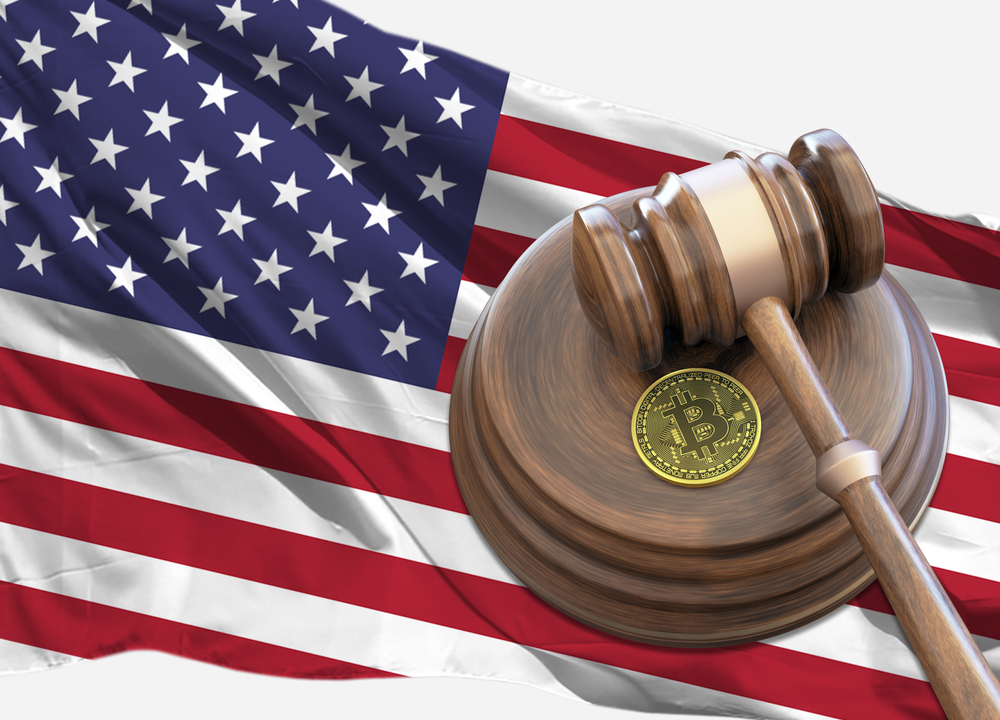The trial of former FTX chief executive Sam Bankman-Fried took a new twist following the motion filed by the US attorney, Damian Williams, for the court to defer the overlapping civil cases.
In his submission to the Southern District Court of New York, Williams observed that the SEC, DOJ, and CFTC cases suffered a major overlap. The attorney considered that deferring the civil cases till the criminal trial ends would yield ample time for the court.
Necessity of Stay Order to Civil Proceedings
The New York judge granted the prosecutor’s request indicating that deferring civil proceedings initiated by the regulatory agencies is reasonable. In particular, the New York judge observed that Commodities Futures Trading Commission (CFTC) and the Securities Exchange Commission (SEC) cases lodged against Bankman-Fried could resume after the criminal trial ends by October.
The ruling delivered by the Manhattan Kevin Castel judge on February 13 granted the prosecutors’ motion with a stay order on the civil cases. Nevertheless, the judge held that the temporary pause on the civil proceedings does not prejudice the cases.
Instead, he explained that the cases would resume after the criminal trial initiated by the Department of Justice (DOJ) concludes.
Reasons for Prosecutors’ Motion on Civil Cases
Attorney Damian Williams filed the motion on February 7 before the Southern District Court, seeking a stay order on the civil proceedings against the FTX founder. Explaining his motion, Williams restated that the nature of the three cases would likely hinge upon the presentation of the same evidence of Bankan-Fried’s wrongdoing. The attorney revealed that the DOJ’s trial would highly impact the civil proceedings.
Williams held that failure to issue the stay order would grant Bankman-Fried immense advantage over the prosecution during the DOJ trial. He argued that being a co-founder of the embattled FTX exchange, Bankman could leverage tools to improperly seek impeachment material.
Williams observes that securing the impeachment material against the prosecution witnesses. Also, the former executive can utilize the impeachment motion to circumvent the discovery rules relied upon during a criminal trial. Additionally, Williams alleged that the impeachment material would facilitate his attorneys to improperly tailor deference in the DOJ criminal trial.
Surprisingly, the legal team assembled by Bankman-Fried failed to oppose the motion seeking to stay order on the civil proceedings.
Bankman-Fried Defense Team’s Motion Dismissed
Meanwhile, the Bankman-Fried legal team lost in a related development involving witness tampering. Sitting at the District Court for New York, Judge Lewis Kaplan extended the scope of bail conditions. The February 9 ruling saw the court prohibit Bankan-Fried from utilizing encrypted messaging applications. However, the ban would last until February 21.
The ruling arose from the motion submitted by Bankamn-Fried’s legal team seeking to negotiate a deal for the defendant’s supervised utilization of particular applications.
Nonetheless, Judge Kaplan overruled the request by suggesting that the court was concerned about prohibiting encrypted communication rather than granting the accused little convenience.
